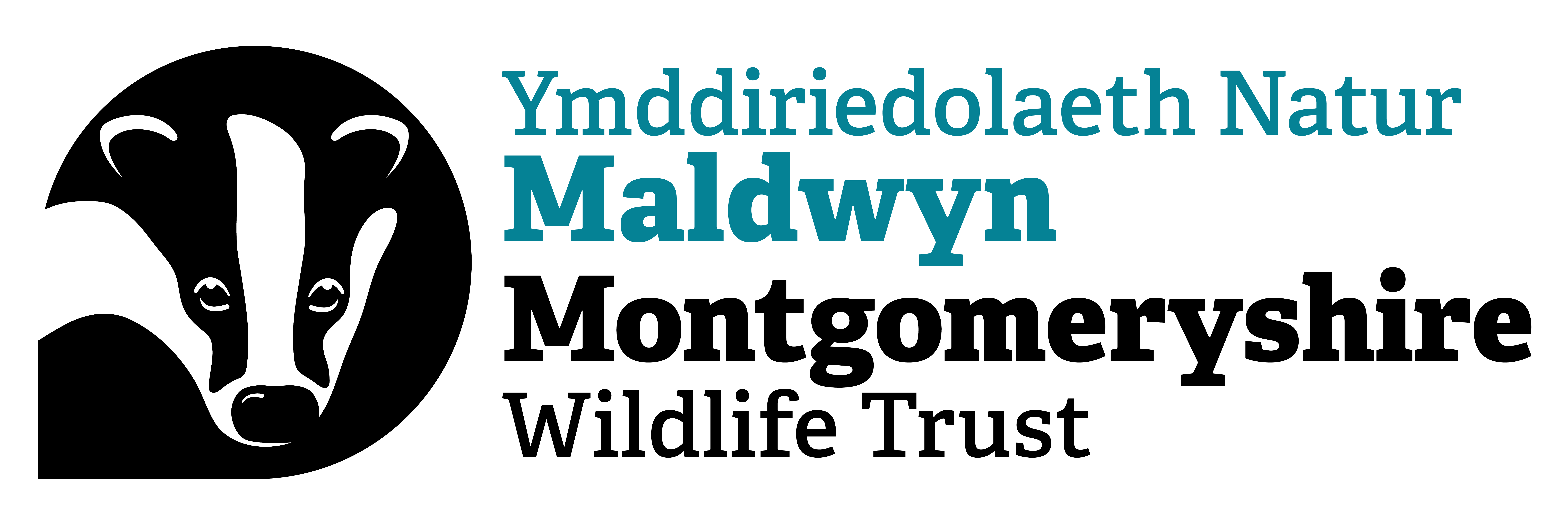Search
Chwilio
Common glasswort
Sometimes called 'Marsh samphire', wild common glasswort is often gathered and eaten. It grows on saltmarshes and beaches, sometimes forming big, green, fleshy carpets.
Ground-ivy
Despite its name, Ground-ivy is actually a member of the dead-nettle family. It is a clump-forming, aromatic plant that likes woodlands, hedgerows and damp places.
Bird Group Outing to RSPB Ynys-Hir
Join MWT Bird Group for a summer outing to RSPB Ynys-Hir to see some of the myriad bird species that call this nature reserve home
My green grocers
Growing fruit and vegetables takes Raymond back to a childhood spent outdoors in his mum’s garden. At Camley Street Natural Park he gets to reconnect with nature, and his memories, while producing…
My chapel
Elaine visits Thurrock Thameside Nature Park every day if she can on her lunch break from work, to watch wildlife and unwind. As a Christian, nature makes Elaine feel connected to God and creation…
Blue jellyfish
Often confused with the larger but similarly shaped lion’s mane jellyfish, the blue jellyfish can be colourless when young and develop a striking blue-purple bell as it matures.
My motivation
I’m Libby, and I’m currently completing a research development internship in sustainable aquaculture (basically farming in water) at the Scottish Association for Marine Science (SAMS) in Oban. In…
Downy emerald
This dazzling dragonfly can be seen darting above tree-lined ponds in certain parts of Britain.
Yellow-browed warbler
This charming little warbler is an increasingly common sight in autumn, when migrants pass through the UK.
Become a warden
How to use less plastic
Plastic waste and its damaging effect on our seas and natural world has been big news recently. Here's what you can you do about it.
